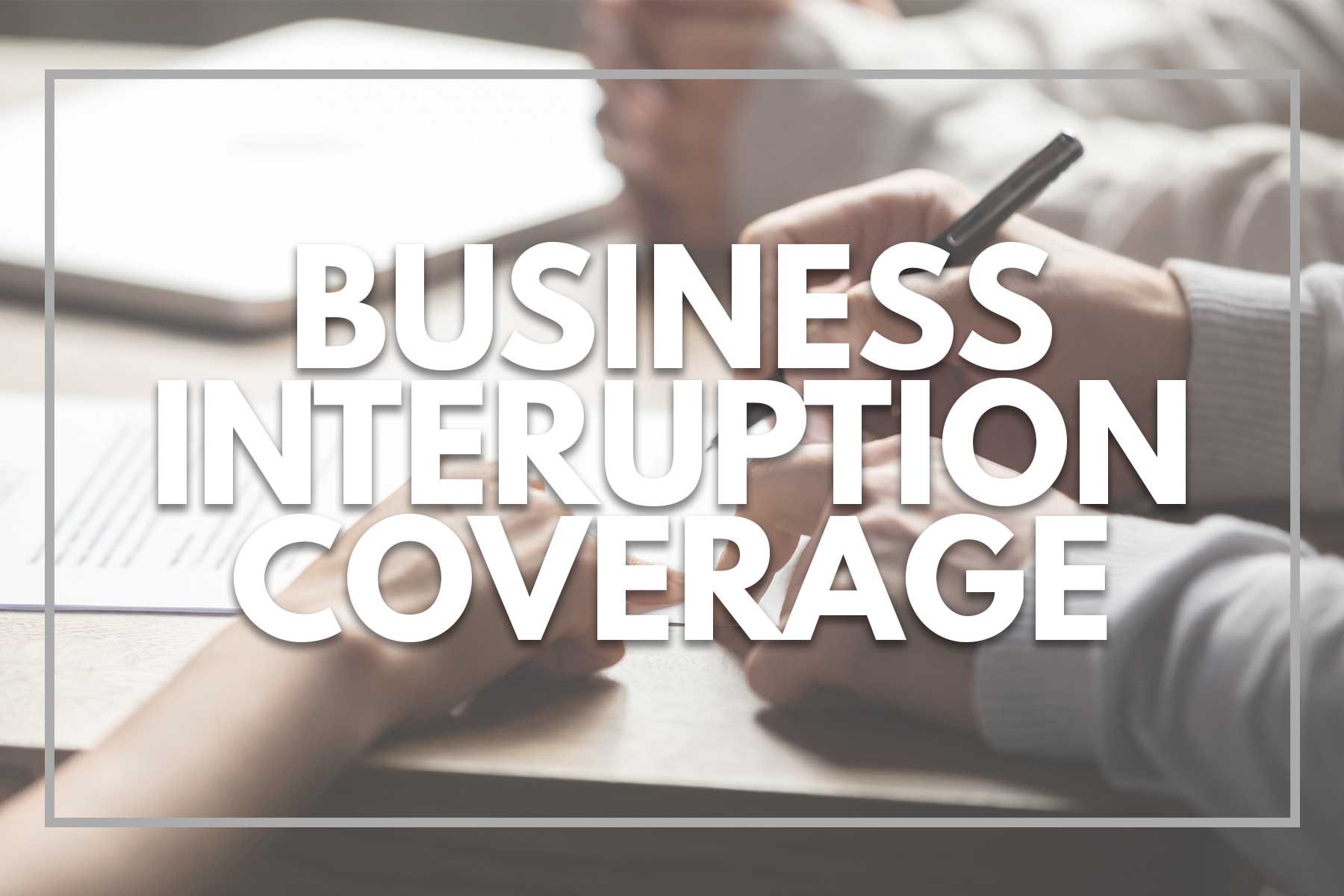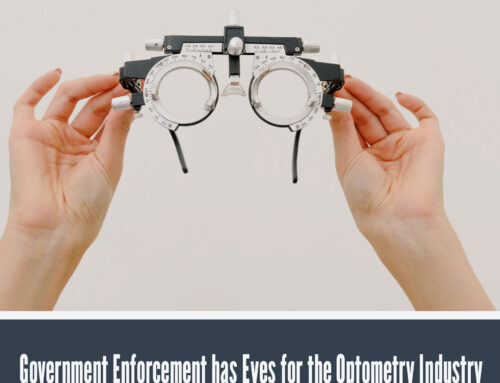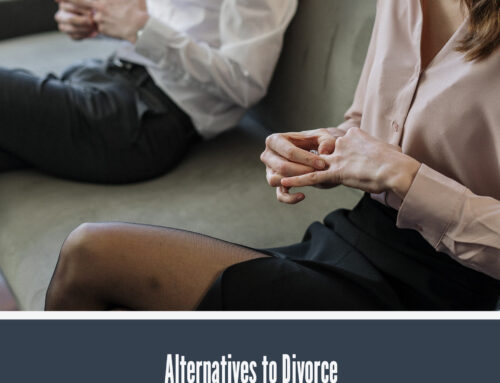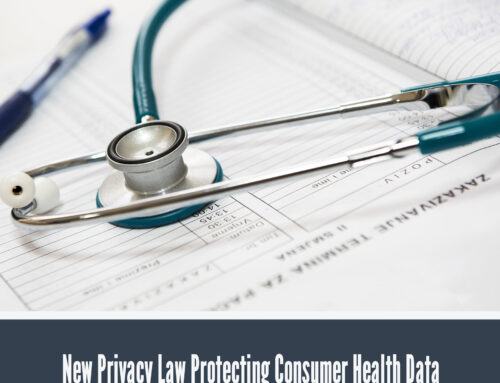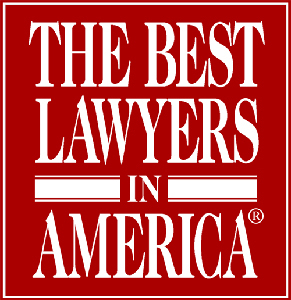By: Jillian C.S. Blanchard[
Most businesses carry business interruption coverage under first-party property insurance policies. This coverage provides for loss of profits incurred as a result of direct damage to the business property, and can provide coverage of a period of time until your business is able to begin operating normally again. While coverage is necessarily different depending on the policy, this coverage is triggered upon property damages and typically includes the following circumstances:
(1) Damage to the policyholder’s property where the business operates
If your business is physically damaged to the extent that you can no longer operate your business, business interruption coverage is triggered. However, this standard guideline leads to the important question of whether the presence of COVID-19 in itself constitutes “property damage” under a policy. In similar circumstances, courts across the United States have held that the existence of harmful or dangerous substances can constitute property damage and trigger business interruption coverage under property insurance policies, despite never resulting in direct physical damage to the property. While existing case law provides the basis necessary to argue that the presence of COVID-19 should trigger business interruption coverage under some insurance policies, it is not an ironclad argument. Coverage will ultimately be dependent upon the exclusions included in a policy, which must be evaluated on a policy-by-policy basis.
(2) Damage to the property of suppliers that supply goods and services needed to operate the policyholder’s business
Most business interruption claims related to COVID-19 will come in the form of contingent business losses. Businesses are currently dealing with the loss of suppliers of goods and services necessary to carry on their businesses. These suppliers are local, national and international, and due to the widespread impacts of COVID-19, many businesses are being interrupted by the virus. Still, many of these coverage determinations will be dependent upon insurer positions of what constitutes “property damage” and what exclusions are included in a policy.
(3) Damage to properties that attract customers to the policyholder’s business, like a leader property in a commercial shopping complex
Some business interruption claims will arise where a business operates in a commercial shopping complex with or within a certain distance of a “leader property” the business relies upon to attract customers. With the mandated closure of large airports, entertainment and sporting venues, businesses may file business interruption claims related to a loss of profits incurred as a result of these “attractor businesses” being forced to close. However, many coverage determinations in these scenarios will also be dependent upon insurer positions of what constitutes “property damage” and what exclusions are included in a policy.
(4) Government or military actions prohibiting the policyholder’s business from continuing operations
Some business interruption claims will be based on the provision typically found in insurance policies that covers business interruption incurred as a result of an “order of civil or military authority.” Thus, a claim for business interruption may arise due to the orders and mandates currently in place throughout the United States that are prohibiting large public gatherings, forcing Americans to stay at home, and forcing the closure of “non-essential” businesses. Although the severe repercussions these government mandates and orders have on businesses appear to be in accord with the provision providing coverage for business losses resulting from civil or military orders, it is important to remember that this provision is typically referenced in property insurance policies. Therefore, in this scenario as well, many coverage determinations will be dependent upon insurer positions of what constitutes “property damage” and what exclusions are included in a policy.
Still, other considerations to keep in mind before filing a COVID-19 business interruption claim include:
- After the outbreak of SARS and other viral outbreaks in the early 2000’s, some insurers began including explicit exclusions for losses resulting from viral outbreaks, illness or disease.
- Some insurance policies exclude coverage for losses incurred due to the presence of bacteria, but provide coverage for losses caused by disease. Still, many of these policies will place sub-limits on the coverage available for losses caused by disease, or will require a waiting period before coverage is triggered.
- Certain insurance policies include explicit exclusions for losses caused by biological agents.
- Many insurance policies provide coverage for pollutants, hazardous substances and contaminants, but the question remains whether insurers will deem COVID-19 to be a hazardous substance, contaminant, or pollutant.
If COVID-19 were to be universally accepted as constituting “property damage” under property insurance policies, this could open the door to coverage for loss mitigation, which may include coverage for losses associated with having to close your business, additional costs incurred in efforts to make arrangements for employees to continue work, whether in-office or remotely, as well as additional costs incurred in efforts to provide safer procedures to provide goods and services to customers.
While businesses are receiving government aid to help mitigate the effects of the decline in business activities and profits resulting from COVID-19, as well as being offered loans intended to assist businesses in maintaining their workforces and necessary business expenses during these unprecedented times, these measures come at a cost to business owners and taxpayers. Thus, many business owners may look to their insurance policies for coverage before seeking such loans and other available assistance.
Business owners across the United States pay premiums to maintain business interruption coverage for years at a time without ever experiencing an event that triggers coverage or ever filing a claim under their policy. After paying into the system for so long and never reaping the benefits of doing so, the denial of business interruption claims related to COVID-19 will ultimately lead to frustration among business owners attempting to seek coverage for losses and additional expenses incurred as a result of COVID-19. Thus, many business owners will necessarily find themselves frustrated and seeking professional guidance.
Luckily, these concerns are not going unnoticed or unaddressed. Efforts are currently being made both locally and nationally to urge for the extension of insurance coverage to businesses affected by cases of COVID-19 and the related government mandates and orders restricting business operations. If proposed measures are eventually implemented, they will provide a much clearer route for business owners to seek coverage they desperately need to keep their businesses afloat. However, at this time the only guarantee is that the numerous insurance provisions discussed above, amongst other issues related to business interruption coverage in the midst of this global pandemic, will inevitaby be litigated in courts throughout the country in the coming months and years.
The attorneys at Shipman & Wright are here to help you understand potential coverage for business interruption under your business’ insurance policy, as well as assist you in navigating the filing and handling of business interruption claims. If you have questions about business interruption coverage or wish to file a business interruption claim, reach out to us today!

